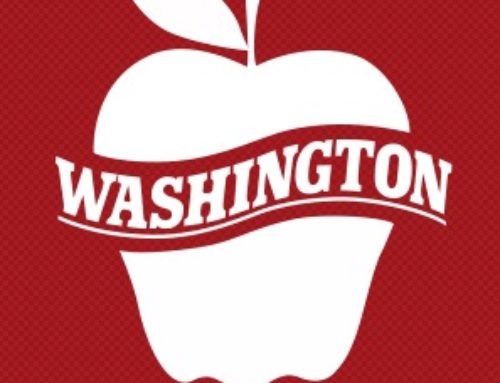It seems we are the victims of our own inaction. This month we will vote for America’s next president and yet, at this writing, neither has shown more than a slight nod to the industry that feeds the world, reliably and safely.
The same lack of understanding can be seen at the state level.
In September, one editorial noted that when California Gov. Jerry Brown signed a law making farmworkers eligible for overtime pay after an 8-hour day or 40-hour week, it was scorned by grower groups who pointed out that the decision wasn’t rooted in the real, seasonal world of agriculture.
The editorial pointed out that, sadly, to compete, growers would need to cut jobs to keep prices down.
But even worse, the grower groups mentioned were expecting to meet with the governor before he took action, and even the California Department of Food and Agriculture said the decision was outside its jurisdiction.
How did agriculture and its issues become so insignificant? Are decisions being made for agriculture because we’re not at the table?
Likely, yes. Farming is an all-in proposition. It is 24-7 and 365 days a year.
Who has time to take several days in a row to drive to the state capital, or worse, fly to Washington, D.C., to advocate for your industry, for your livelihood?
Aren’t there other groups that do that?
Well yes, there are. And most of them are advocating against your position. Without your voice, your advocacy, only one side of an issue is heard.
Advocacy. Government affairs.
Though government affairs might conjure up even greater muddiness, it is perhaps a more descriptive term for taking industry-wide challenges to the Legislature, Congress, state or federal agency.
Whether advocacy or government affairs, the goal is to promote an environment beneficial to a crop or an entire industry.
The Washington Association of Wine Grape Growers (WAWGG) was formed in the early 1980’s, and shortly thereafter board minutes included discussion and action on topics ranging from labor, trade, and excise taxes to pesticide use, research funding and exports.
Over the years, and as the industry has grown in size and significance, WAWGG has worked on a more deliberate process to engage and influence decision makers, stakeholders, and other relevant audiences to support or implement actions that contribute to the well-being of the Washington grape and wine industry.
The change could be governance, regulatory (some form of institutional function), practice, attitude, behavior or power.
However, change or action is often slow, incremental and over time.
In the past half-decade, WAWGG has become yet more intentional about government affairs, starting with the hiring of a well-known and respected lobbyist based in Olympia, Washington, and then by creating a formal partnership with another wine grape association for a more unified voice at the national level.
Advocacy and issue work is challenging and frustrating as it includes a great deal of “process” work.
A group has to agree on much before getting into the “fun” of politics.
While it may seem intuitive to begin with the issues, the first step is agreeing on definitions and then creating a standardized process to allow consistent and systematic engagement for industry members.
Once a process is established, the steps to identify and prioritize issues are next. Even at this point the work is just beginning.
The board must identify the role to take on a given issue and determine resources to support the role.
Do we own or drive the issue? Are we trying to influence the issue?
Are we just participating in the process with many other groups or merely disseminating information out to the industry so they are aware?
And, of course, one option is just to remain neutral and have no opinion.
Recently, the WAWGG board had a robust discussion about several issues facing the industry.
Often the decision about an issue is intuitive, but with complex issues that affect a vineyard differently than a winery, the process requires deliberate and intentional thought and analysis.
Consequently, since then, we have established a check list to determine when we weigh in on an issue:
—Does it have a financial impact on or to grape/wine industry business?
—Is it an impediment to grape/wine industry business?
—Does it impact the grape/wine industry reputation?
—Does it solely impact the grape/wine industry? (If not us, who?)
—Will the voice of the grape/wine industry on the issue make a difference?
—Does the issue hurt or build grape/wine industry credibility?
On Wednesday, Nov. 9, not so coincidentally just after the election, WAWGG and the Washington Wine Institute are teaming up to present an “Issues Caucus” for the Washington grape and wine industry.
To be held in Yakima, Washington, to allow easier access from both sides of the mountains, the day-long workshop will cover issues facing the Washington grape and wine industry at the state and national level and feature not only our own lobbyists in Olympia but also Michael Kaiser, director of public affairs with WineAmerica, and Joe Bischoff, a Ph.D. with Cornerstone Government Affairs representing the Winegrape Growers of America, both based in Washington, D.C.
The day also has two keynote presentations: One on water availability for vineyard expansion and the other on Washington’s winery wastewater general permit.
Please make your voice heard and weigh in on the issues most important to your industry.
– by Vicky Scharlau, Executive Director of the Washington Association of Wine Grape Growers.






Leave A Comment